Dental care in Algeria
Decay is the beginning of the end of the tooth, neglecting it only makes the situation worse. Do you have a toothache? Do you avoid drinks that are too hot or too cold because of the pain you feel with each sip? How many people laugh and put their hand over their mouth to keep their teeth from showing? How many times have you felt embarrassed to the point of having a complex? Those days are long gone, from now on, all you need is the will to change.
To perform your dental care in Algeria
To know the prices of dental care in Algeria
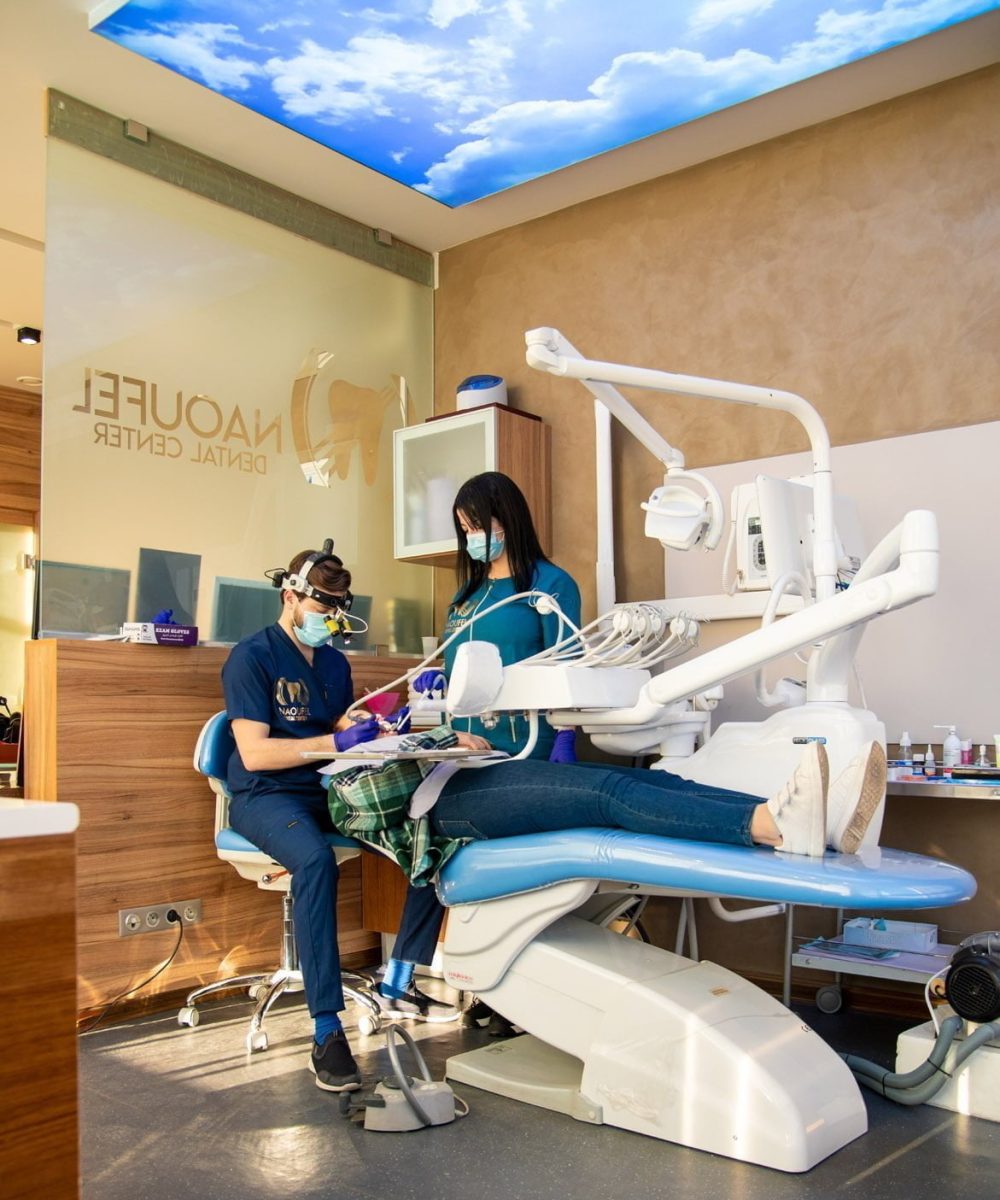
Dental care suggests a solution to each oral problem encountered.
There are several types of dental care that exist.
Dental filling with composites
Commonly called filling, it is a mixture of several different materials whose combination results in a homogeneous material with a very high consistency. Composite is currently widespread and replaces the old generation of amalgam-based treatments, which are now obsolete as they release mercury.
Following a dental trauma that has caused the loss of part of the tooth, the solution consists of remodeling the structure using a composite that takes on the shape and color of the original tooth.
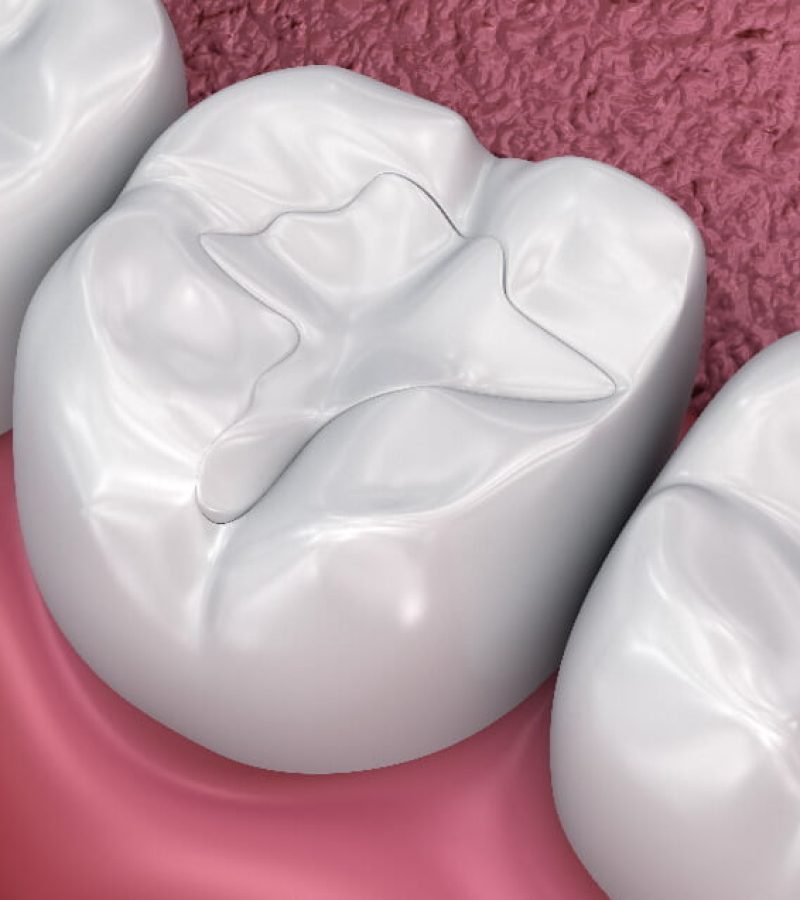
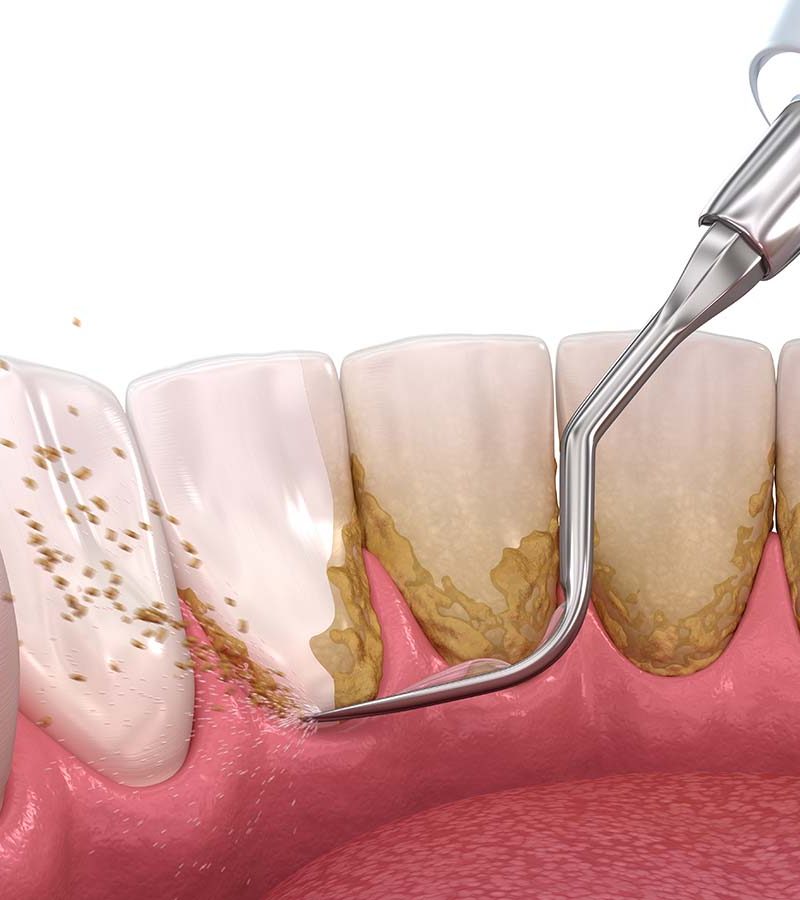
Dental scaling
Tooth extraction
This is the last option used by the dentist when no other treatment is possible. This procedure is considered when the tooth is too damaged by decay or infection, when the tooth is badly eroded or when it is in disrepair.
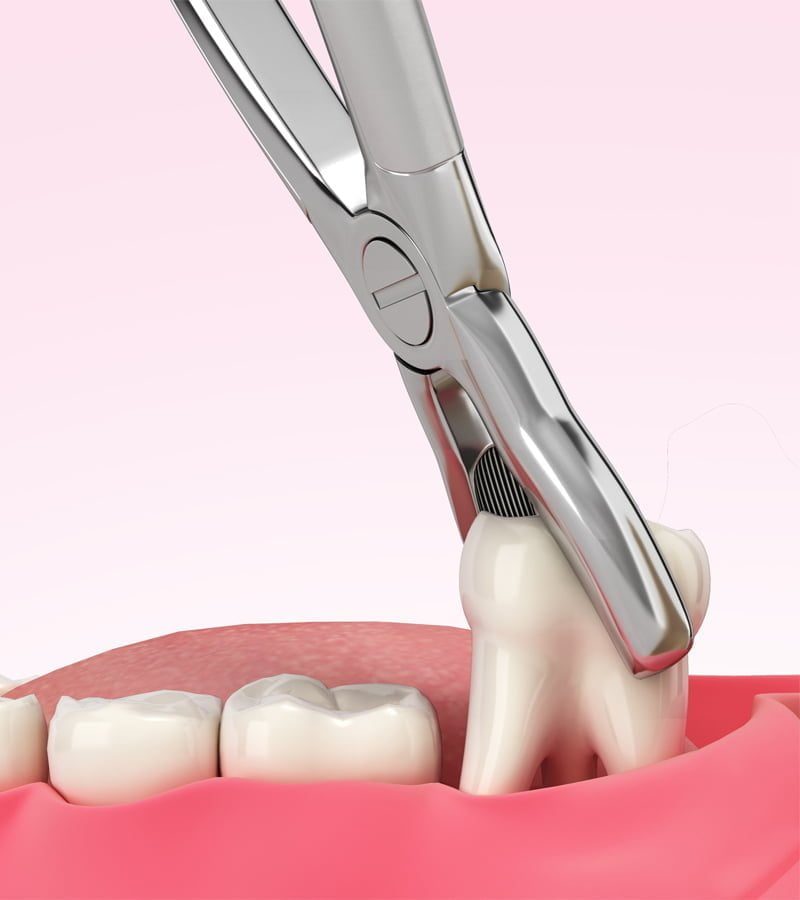
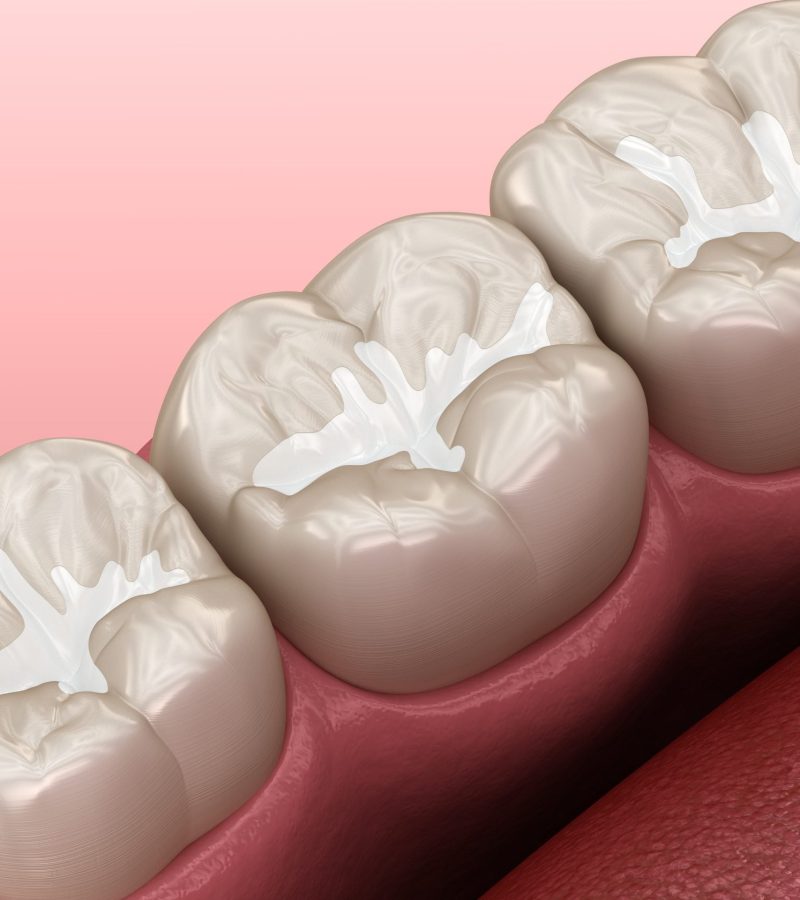
Temporary dental bandage
This is a type of temporary filling that the dental surgeon places on the tooth, while waiting for a permanent filling. It is often placed after a thorough cleaning of the tooth, allowing it to be covered and protected until a final filling can be placed.
Tooth decay
When a cavity infiltrates deep into the tooth and reaches the dental pulp, intense pain arises, commonly known as toothache. The dentist uses a root canal, which consists of removing the nerve endings in the pulp to relieve this excruciating pain. This procedure which will be performed under local anesthesia, will be followed by a deep cleaning and a dental filling.
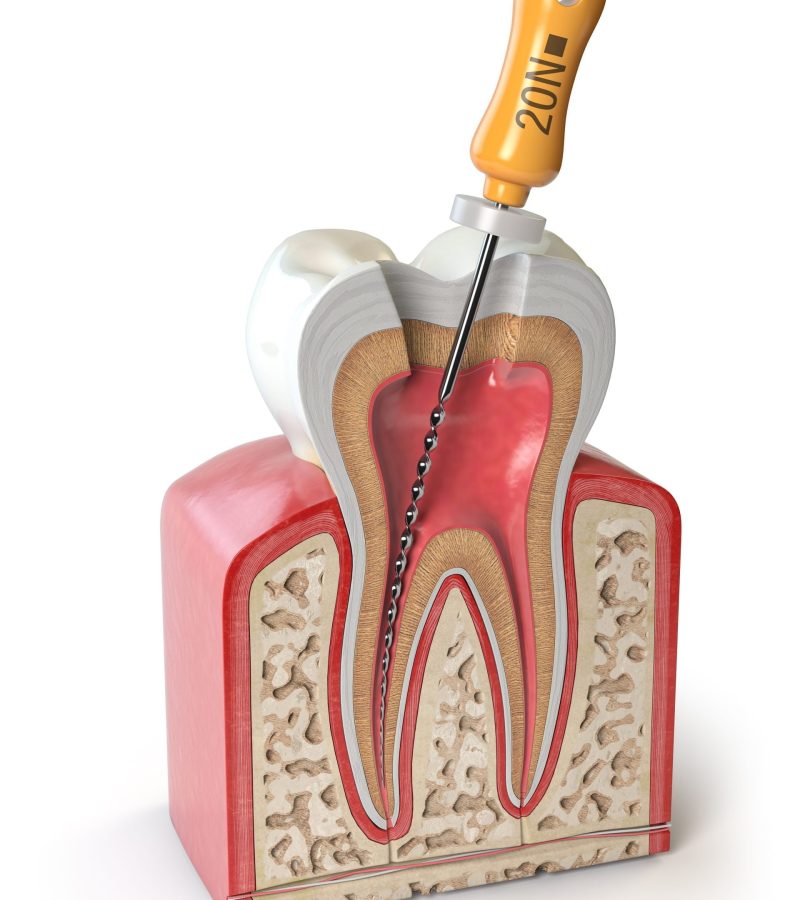
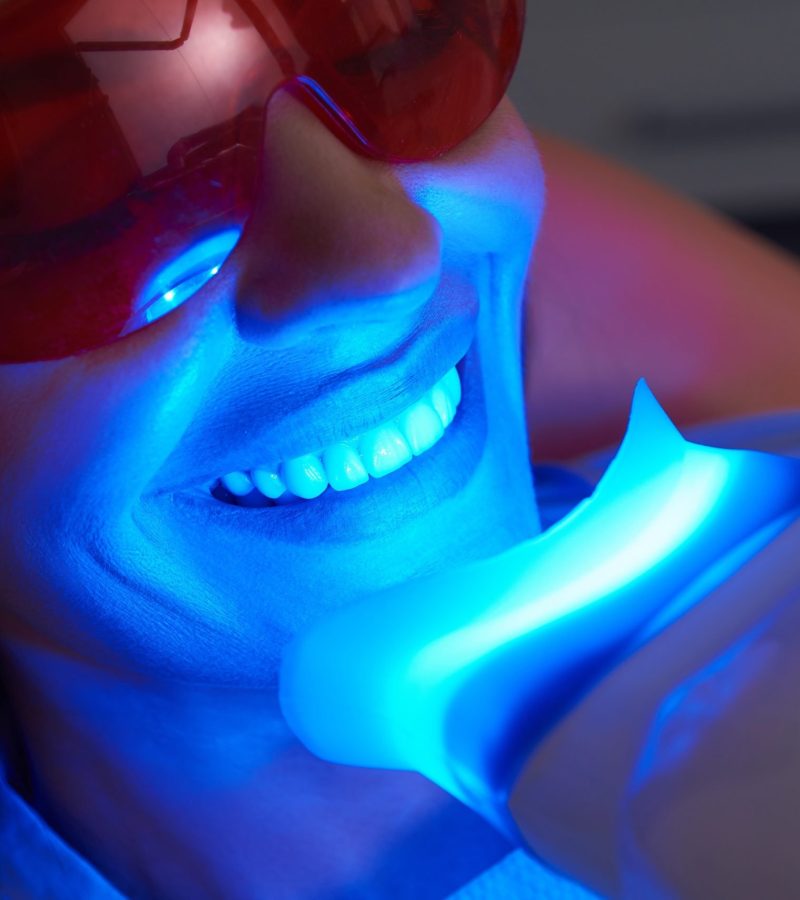
Teeth whitening
This is a treatment to revive the color of the teeth. It is used to correct discoloration defects, particularly yellowing of the teeth. The principle is simple: a product derived from oxygenated water is applied to the teeth for a specific period of time. This technique will be repeated during two other sessions to fix the product and ensure that it has penetrated the entire dentition.
At Naoufel Dental Center, we prudently choose our dental products. In order to provide you with the care you expect, we make sure to use high quality materials. These products come from certified suppliers and are made in France, Germany, Australia, Spain and the United States.
Oral hygiene
Following your dental treatment, it is strongly suggested to maintain good oral hygiene, by brushing your teeth regularly and daily for at least two minutes. Moreover, it is recommended to banish nibbling (snacking between meals), which promotes the formation of dental plaque and cavities.
A dental consultation is necessary to ensure the vitality of the tooth, before starting a restoration treatment. We look forward to hearing from you, contact us for a free consultation. The Naoufel Dental Center team is here to help you.

FAQ (Frequently Asked Questions)
How long does a dental bandage last?
A dental bandage is a common technique in dentistry to protect a damaged or decayed tooth. It involves the use of a temporary filling material to seal the cavity in the tooth. Typically, dental bandage lasts anywhere from one week to one month, depending on the size and location of the cavity, as well as the quality of the material used for filling. During this time, it is vital to take care of the tooth and avoid eating hard or sticky foods that could damage the dental bandage. If you experience continued pain or discomfort after the procedure, it is important to consult your dentist to learn more about long-term treatment options for your damaged tooth.
How do I relieve pain after a tooth extraction?
After a tooth extraction, it is common to experience pain or discomfort in the area of the extraction. To relieve the pain, it is recommended that you take painkillers as directed by your dentist. It is also important to maintain good oral hygiene by brushing your teeth gently and avoiding eating and chewing on the extraction area for the first few days after the procedure. It is advisable not to eat hard or sticky food and to drink plenty of water to stay hydrated. If the pain persists or worsens, or if you experience symptoms such as fever or excessive bleeding, it is important to contact your dentist for further advice and treatment.
Is it okay to treat your teeth during pregnancy?
Dental care is important to maintain good oral health, even during pregnancy. However, it is important to take extra precautions to ensure the safety of the mother and the baby. Pregnant women should avoid dental x-rays unless it is an emergency and inform their dentist of their pregnancy before any treatment. Some procedures, such as tooth extractions and root canals, can be safely performed during pregnancy, but it is important to discuss all options with your dentist to make an informed decision for your health and for your baby. It is also important to maintain good oral hygiene by brushing twice a day with fluoride toothpaste and flossing regularly to prevent cavities and gum disease. If you experience gum pain or bleeding during pregnancy, consult your dentist for advice and appropriate treatment.
What are the prices of dental care in Algeria?
The cost of dental care in Algeria varies depending on the type of treatment and the complexity of the procedure. In general, routine dental care such as examinations, cleanings and scaling and dental fillings are less expensive than more complex procedures such as dental implants. The choice of products used can also influence the costs. Yet, it is important to note that dental care in Algeria is generally less expensive than in many other countries, which can make it an attractive destination for dental tourism and for people looking to save money on their dental care.
How long do dental fillings last ?
The lifespan of dental fillings can vary depending on multiple factors. On average, dental fillings can last for several years, typically ranging from 5 to 15 years. However, the actual duration can be influenced by factors such as the type of filling material used, the location of the filling in the mouth, the size of the filling, and individual oral hygiene habits. Regular dental check-ups and maintaining good oral hygiene practices, including brushing and flossing, can help prolong the lifespan of fillings. It is essential to visit our dental clinic for routine examinations to monitor the condition of your fillings and ensure their longevity.
How long after a filling can i eat ?
After getting a dental filling, it's best to wait until the anesthesia wears off before eating to avoid accidentally biting your cheek or tongue. This typically takes a few hours. Once the numbness subsides, you can resume eating. However, it's important to note that some filling materials may require additional time to fully harden and set. Your dentist will provide specific instructions regarding any dietary restrictions or recommendations based on the type of filling used. Following these guidelines will help ensure the longevity and success of your dental filling.
What to eat after a tooth extraction ?
After a tooth extraction, opt for soft foods like mashed fruits and vegetables, yogurt, pudding, and smoothies, as they are easy to consume and won't strain the extraction site. Avoid hot or spicy foods, crunchy or hard foods, and using a straw to ensure proper healing.

